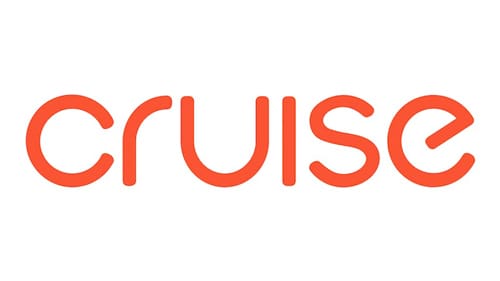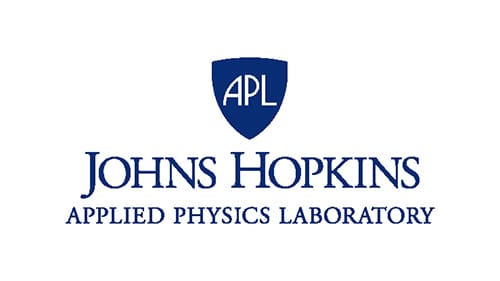Position, Navigation, and Time (PNT) services are essential for many critical applications across different sectors. Critical infrastructure, including communications, financial services, emergency services, power utilities, and transportation, all rely on PNT information to provide their services to users around the world. Threats, whether natural, accidental, or deliberate, can disrupt the delivery of PNT information and cause harm to individuals, businesses, and nations. There are many efforts to implement PNT resilience to mitigate these threats by protecting and toughening existing PNT services and developing new systems to provide alternative sources of PNT information. The IEEE P1952 standard specifies resilience requirements for one element of PNT systems, the user equipment (UE) that receives, processes, and/or handles PNT information to deliver a PNT solution to users.
The technical requirements in the IEEE P1952 standard define different levels of resilience for PNT UE. This enables users to select a PNT UE with appropriate resilience based on their risk tolerance, budget, and application criticality. This standard applies to UE that outputs PNT solutions, including PNT systems of systems, integrated PNT receivers, and PNT source components (such as Global Navigation Satellite System (GNSS) chipsets).
The IEEE Conformity Assessment Program (ICAP) is initiating the IEEE P1952 PNT Conformity Assessment Steering Committee (PNT-CASC) to support the successful implementation of IEEE P1952. By collaborating with stakeholders, subject matter experts, and regulators, the PNT-CASC will develop processes for demonstrating products comply with the P1952 standard, enabling adoption of the standard and promoting market acceptance of resilient PNT UE.
Domestic and International Adoption and Outreach Efforts
ICAP promotes the education and adoption of IEEE 1952 for domestic and international beneficiaries. Promotion includes educational workshops and webinars with presentations by IEEE P1952 subject matter experts, outreach opportunities at conferences and other events, and fostering liaison relationships with related standards bodies.
Conformity Assessment Steering Committee
The PNT-CASC is responsible for overseeing the evaluation and certification program for IEEE PNT resilience standards, including IEEE P1952.
The main objectives of this committee include:
- Authoring test plans and developing certification processes that adhere to the specifications outlined in the IEEE P1952 standard.
- Promoting market adoption of PNT UE conformity with the IEEE 1952 standard and other future standards related to resilient PNT UE.
- Recognizing independent test labs qualified to perform evaluation of device conformity.
Call for Participation
IEEE SA is issuing a call for participation for entities to join the PNT-CASC. Stakeholders that should participate include:
- PNT UE manufacturers and integrators
- Public and private sector end-user communities
- PNT service providers
- Government regulators
- Test laboratories
- Academic researchers
ICAP encourages participation from Critical Infrastructure applications including the Power Generation and Utility, Telecommunications, Finance, Transportation, Agriculture, Space, and Emergency Services sectors.
| Member Category Manufacturers, Integrators, Solution Providers End-Users, Test Labs & Others |
||||
|---|---|---|---|---|
| Annual Membership Fees5 | $10,0001 | $7,5002 | $5,0003 | $2,5004 |










